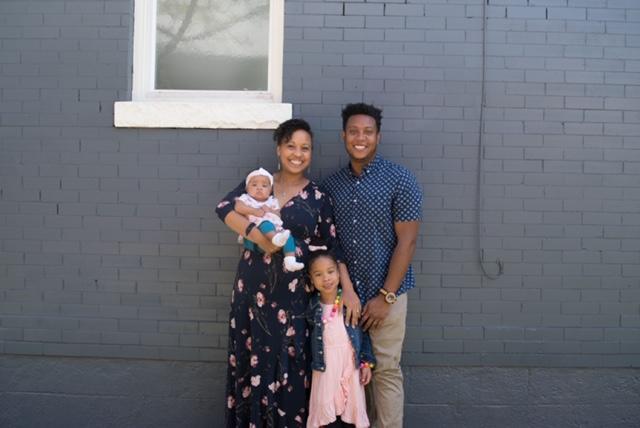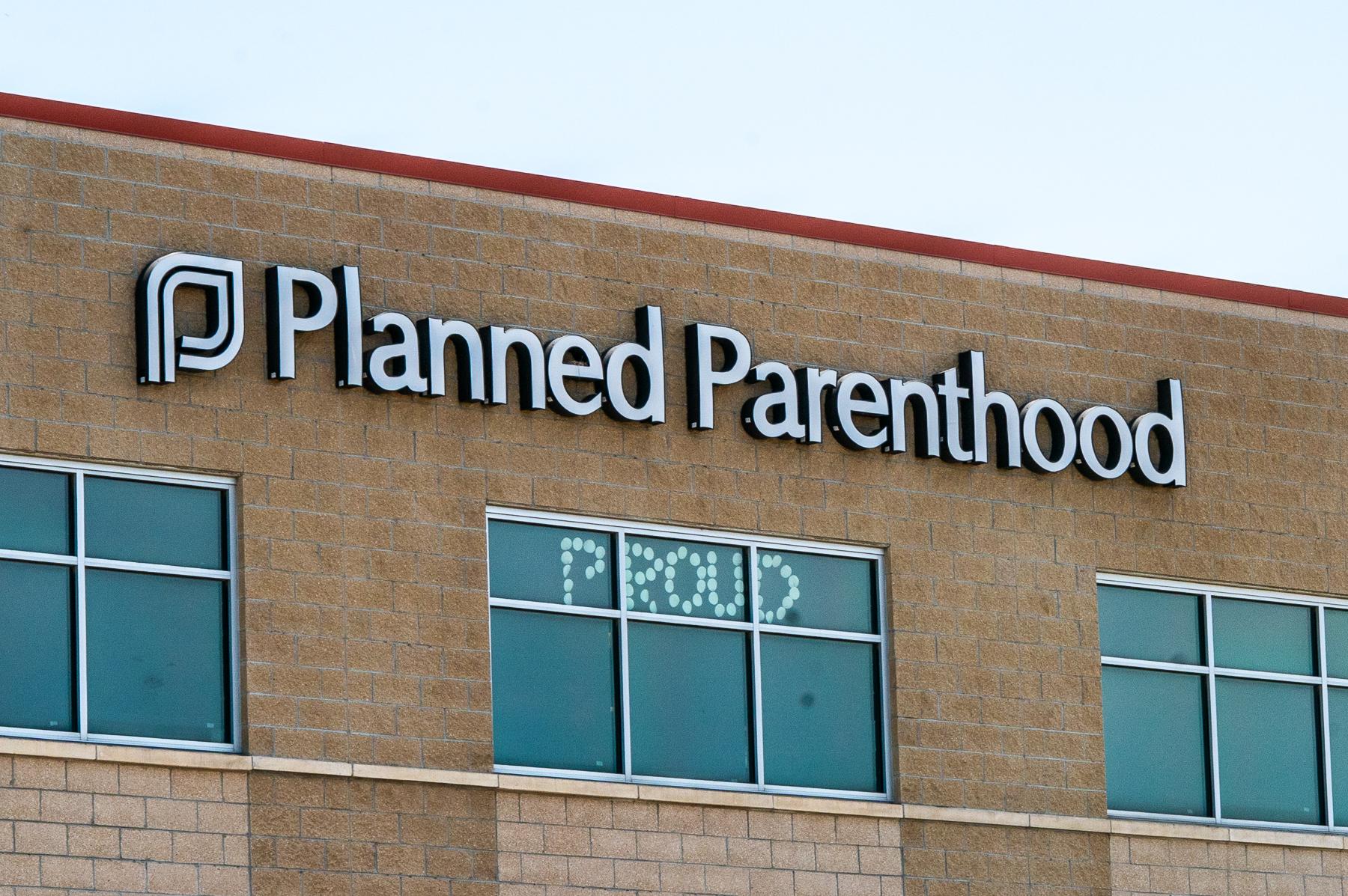
Rebecca Green of Denver gave birth to her second daughter in early February before COVID-19 swept through Colorado.
Six weeks later, she had her first postnatal appointment. But it was a virtual visit with her physician, rather than an in-person one.
“It became very, very clear that all of these women who were due after me are now the primary focus because they're trying to keep everybody healthy, which of course makes sense,” Green said. “But there was a little bit of a lapse in that postpartum side, which is always the case, but it is sort of maximized under the current situation.”
Green, who is a certified postnatal doula, worries about the women who are first-time parents or those who don't have good support systems. And she's not alone: researchers from the Colorado School of Public Health are also concerned about this. That’s why they’re conducting interviews with women during pregnancy and over the six months after delivery to better understand the impact COVID-19 may have on their mental health.
“There's just this fear and just this uncertainty right now,” said Jennifer Leiferman, one of the researchers and the director of the Population Mental Health and Wellbeing Program. “We don't know a lot about how COVID-19 is impacting pregnancy in the postpartum period. Women were really wanting to know more from their providers and were having a hard time finding information that they thought was reputable.”
At Green’s six-week appointment she chatted with her doctor over video, but didn’t get the same hands-on check-up that she had with her first pregnancy. Typically, the doctor would feel the woman’s abdomen and check for bleeding or any symptoms of a problem. For this pregnancy, she had gestational diabetes and was supposed to take a glucose test, which didn’t happen. Luckily, through her doula training and experience with her first pregnancy, she knew what to look for.
“For a lot of women — certainly if you are not a trained postpartum doula to know to look for those things in yourself, if you had not had children before and we weren't in a pandemic, there are a lot of crazy things that happen to your body post-delivery and you might be panicked about all of those things,” Green said. “Then certainly under pandemic circumstances, that makes it a lot harder.”
Beyond the physical checkup, doctors and postnatal doulas are trained to look for signs of postpartum depression and other mood disorders in their patients. Green said that’s one area she fears may be missed in virtual appointments.
The researchers found that while women are worried about COVID-19 and its impact on their medical care, they’re still finding ways to cope.
“Many women are looking to go to nature and enjoy green space and we know that green space can be therapeutic and promote psychological healing,” Leiferman said. “So that was really good to see.”
Leiferman and her colleague Charlotte Farewell, a research manager with the Population Mental Health and Wellbeing program, interviewed 31 women for the study. At the end of each interview, they asked what would help. Across the board, women wanted more information about how to reduce their exposure and what to expect from prenatal and postnatal care.
“A lot of mothers talked about the challenges of having these expectations for their prenatal period or for early motherhood and just recognizing that those expectations needed to be changed,” Farewell said. “Releasing that control and ensuring that you're not too hard on yourself and really letting go of those expectations was protective in terms of reducing stress and improving overall mental health.”
The researchers plan to publish their paper in the coming weeks. They hope it will inform practitioners on the needs of women during the perinatal period throughout the pandemic.









